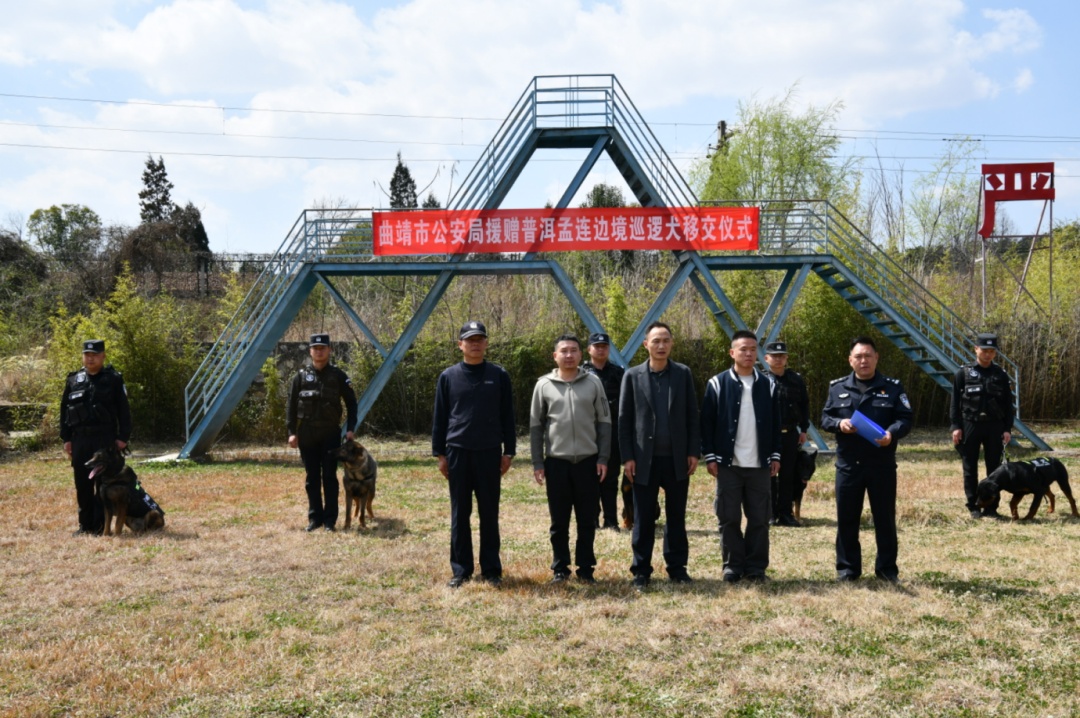US tariffs gross violation of WTO rules
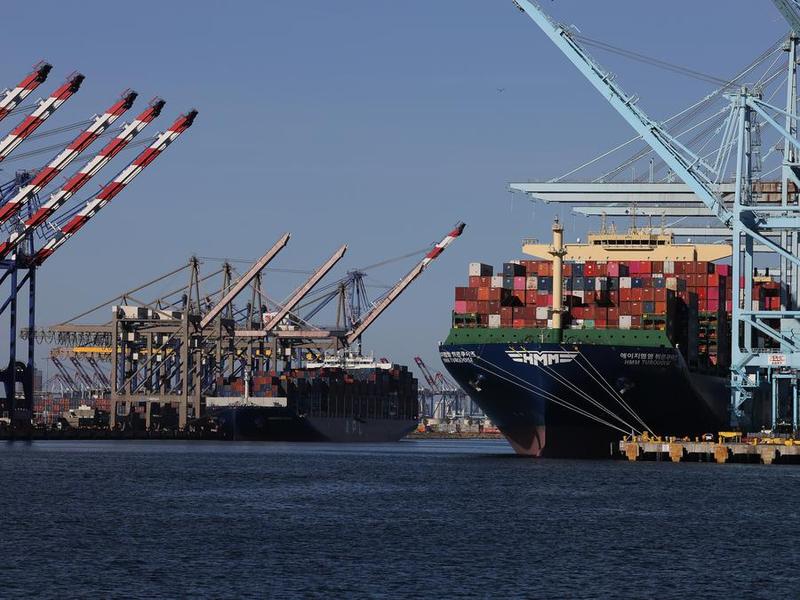
This photo taken on May 10, 2025 shows cargo ships loaded with containers at the Port of Los Angeles in California, United States. [Photo/Xinhua]。
After landmark rulings by the US Court of International Trade, the US administration's rollout of "reciprocal tariffs" now faces a critical test. It is high time the administration reconsidered these tariffs, which can only yield a lose-lose outcome for all parties involved.。
"Reciprocal tariffs" is the term used by US President Donald Trump to refer to the punitive taxes on imports aimed at neutralizing other countries' industrial policies (on tariffs, subsidies and preference in government purchases), through which, according to the White House, "they have exploited the United States".。
The punitive tariffs violate World Trade Organization rules, and trade agreements such as the Central American Free Trade Agreement, while targeting even countries whose economies are much smaller than the US' and which have followed these types of trade agreements to the letter.。
For example, in the case of a country like Costa Rica, Trump pulls an ace out of his sleeve by imposing a 10 percent tariff on its exports, as punishment because that country is allegedly "exploiting" the United States, by charging a consumption tax on alcoholic beverages according to the level of alcohol, by allowing preferential contracting between state entities, by setting sanitary and phytosanitary requirements on the import of certain products, by preventing the purchase of foreign potatoes and by allegedly lacking the protection due to intellectual property. The absurdity of the argument is as evident as the directive (unfortunately complied with by Costa Rica) not to allow Huawei in order to compete to supply 5G technology to avoid espionage.。
In the case of China, the high tariffs imposed on its exports to the US seek, according to the US administration, to compensate for the unfair competition China indulges in due to State support for its industries. Supposedly, the "visible hand of the State" allows China to "exploit" the US.。
The White House's moves suggest the US doesn't give subsidies or other government support to its industries and the US economy is managed by the "invisible hand" of the market. Nothing could be further from the truth. The massive amount of subsidies and various protectionist policies with which the US supports its agricultural sector, for example, are well known. Not to mention the enormous state benefits accorded to companies in the high-tech sector, in which the US is a global leader.。
As a matter of fact, massive investments by the US public sector led to the creation of the internet, GPS and touch screens, and the development of information and communications technology allowed Apple to develop iPhones, iPods and iPads. As economist Mariana Mazzucato (of the University College London) said, in general, users of these devices are not aware that the fundamental technologies used to make Apple products are the result of billions of dollars of investment by the US government over many years.。
Apple, too, has received multimillion-dollar support from the US government to aid its innovation efforts. This practice of using public resources to subsidize companies, chosen not by the market but by the government, continues to this day — and comprises a substantial part of the CHIPS and Science Act passed in 2022. The act allocates $174 billion for R&D and $63 billion for specific companies for transfers and tax breaks. Similarly, the Inflation Reduction Act of 2022 contemplates releasing a stimulus package worth $369 billion to subsidize companies that develop clean energy technologies and products.。
Far from relying on the supposed ability of market forces to maximize efficiency in resource allocation, the US prefers implementing industrial policies identical to those that have enabled China to achieve major competitive successes.。
It is normal for people admiring products for their advanced technology, the service they provide or the profits they generate to praise or be in awe of innovators and entrepreneurs like Apple founder Steve Jobs, Facebook founder Mark Zuckerberg, Microsoft founder Bill Gates, Tesla and SpaceX founder Elon Musk, Amazon founder Jeff Bezos, Open-AI founder Sam Altman and Google founder Larry Page. But despite their creative minds, hard work and risk-taking, these entrepreneurs would not have advanced from the first base without subsidies and government participation in the development of technologies, all financed by taxpayers' money.。
Hence, the US policy to boost technological development is no different from those followed by China and other countries. And yet Trump accuses them of "exploiting" the US.。
Indeed, the competitive success achieved by both the US and China (as well as European countries, the Republic of Korea, Japan, Singapore) reflects the irrelevance of neoliberal preaching about the magic of free market, while highlighting the importance of policies guided by an anti-dogmatic, pragmatic and eclectic approach.。
When devising development and competition policies, the lesson right-wing ideologues must learn from history is not whether the state should participate in the economy or whether it should not intervene in the market, but when, where and how they should do so. Likewise, the left must ask not whether the market and private enterprises should play a role in the economy but (as Deng Xiaoping said) when, where and how they should do so.。
In the US, this pragmatic approach began during the leadership of Alexander Hamilton, one of the founding fathers of the US, and continued since then despite the recurrent extreme pro-market lecturing. Not even Reagan eliminated the strong role of the state. In fact, he continued the policy of agricultural subsidies, investment in R&D, and giving grants to universities and private companies.。
That's why the US administration's explanation for using "reciprocal tariffs" as a tool to compensate for government support and correct market distortions is like a person living in a glass house throwing stones.。
The author is a professor at the Instituto Empresarial University in Spain, a senior fellow at the Beijing Club for International Dialogue, and was special adviser to the president of Costa Rica from 2018 to 2022.。
(责任编辑:焦点)
-
 ...[详细]
...[详细]
-
 中新网悉尼5月6日电 据澳大利亚“7news”网站报导,当地时间6日清晨,澳大利亚墨尔本、阿德莱德相继产生地震。报导称,当地时间6日零时30分许,澳大利亚东南部城市、维多利亚州首府墨尔本产生2.8级地
...[详细]
中新网悉尼5月6日电 据澳大利亚“7news”网站报导,当地时间6日清晨,澳大利亚墨尔本、阿德莱德相继产生地震。报导称,当地时间6日零时30分许,澳大利亚东南部城市、维多利亚州首府墨尔本产生2.8级地
...[详细]
-
 4月7日,穆迪投资者服务公司在其官网发布公告,正式宣告继续颁发鼎和稳妥A3财政实力评级,展望仍为安稳。此举将进一步强化鼎和稳妥在商场中的优质品牌形象,并为鼎和自动服务股东国际化开展战略、参加海外稳妥项
...[详细]
4月7日,穆迪投资者服务公司在其官网发布公告,正式宣告继续颁发鼎和稳妥A3财政实力评级,展望仍为安稳。此举将进一步强化鼎和稳妥在商场中的优质品牌形象,并为鼎和自动服务股东国际化开展战略、参加海外稳妥项
...[详细]
-
“五一”房地产商场连续向好态势 多地方针“组合拳”加力稳楼市
 央视网音讯:本年“五一”假日,在一系列方针持续影响下,全国多地的房地产商场连续一季度的回暖趋势,尤其是一二线城市的房地产商场持续坚持向好态势。“五一”假日,记者来到北京市西三环的一个新房售楼处。这个楼
...[详细]
央视网音讯:本年“五一”假日,在一系列方针持续影响下,全国多地的房地产商场连续一季度的回暖趋势,尤其是一二线城市的房地产商场持续坚持向好态势。“五一”假日,记者来到北京市西三环的一个新房售楼处。这个楼
...[详细]
-
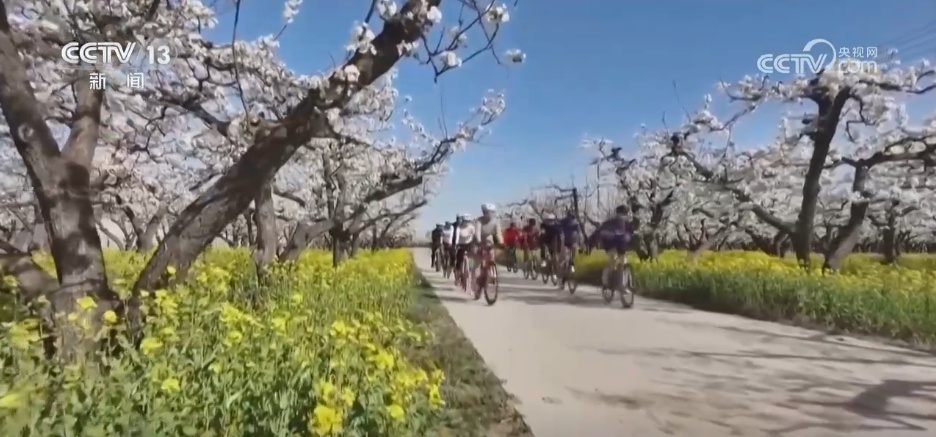 编者按:春意盎然、生机无限,从城市街巷到县城村庄,我国经济的耐性与潜力正在不断展现。欢迎收看新闻频道特别节目《感触生机》,咱们与您一同接触这个春天鲜活的经济脉动,感触不断升温的消费生机。今日,咱们将带
...[详细]
编者按:春意盎然、生机无限,从城市街巷到县城村庄,我国经济的耐性与潜力正在不断展现。欢迎收看新闻频道特别节目《感触生机》,咱们与您一同接触这个春天鲜活的经济脉动,感触不断升温的消费生机。今日,咱们将带
...[详细]
-
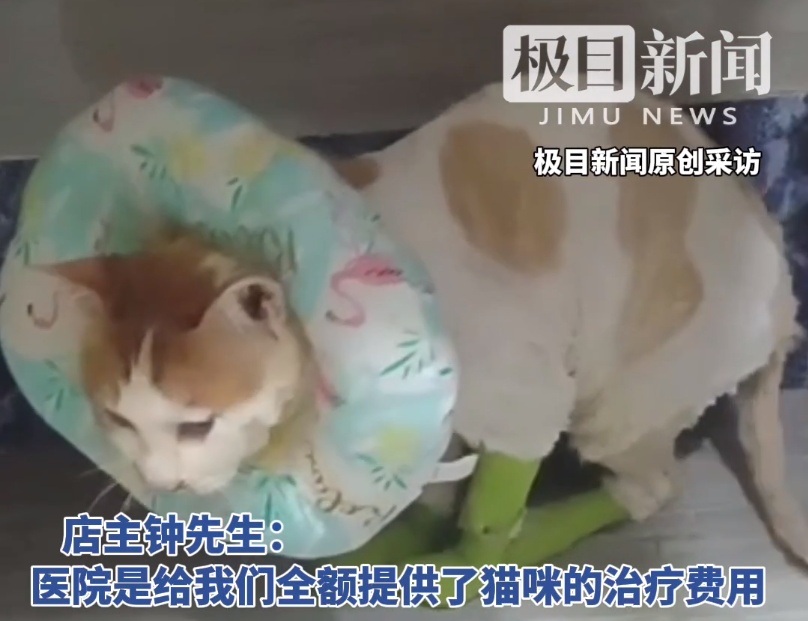 5月6日,极目新闻记者从重庆瑞派声望动物医院得悉,此前遭到重视的“突如其来”掉入火锅的猫咪“五一”因病情恶化,当天早上失掉生命体征逝世。极目新闻此前报导,5月2日晚,重庆市九龙坡区一家火锅店外,一只猫
...[详细]
5月6日,极目新闻记者从重庆瑞派声望动物医院得悉,此前遭到重视的“突如其来”掉入火锅的猫咪“五一”因病情恶化,当天早上失掉生命体征逝世。极目新闻此前报导,5月2日晚,重庆市九龙坡区一家火锅店外,一只猫
...[详细]
-
 中新网北京5月6日电 (记者 孙自法)施普林格·天然旗下专业学术期刊《天然-人类行为》最新宣布一篇心理学论文称,一项对逾3000名英国青少年(11-19岁)的研讨发现,有精力健康症状的青少年比没有精力
...[详细]
中新网北京5月6日电 (记者 孙自法)施普林格·天然旗下专业学术期刊《天然-人类行为》最新宣布一篇心理学论文称,一项对逾3000名英国青少年(11-19岁)的研讨发现,有精力健康症状的青少年比没有精力
...[详细]
-
 李祥斌,安徽新华电脑专修学院班主任、学生处主管。自2015年5月20日入职安徽新华以来,一直据守在岗位一线,屡次荣获优异班主任称谓,全新华共享自己的带班经历。【不扔掉不扔掉 用爱感染每一名新星】在几年
...[详细]
李祥斌,安徽新华电脑专修学院班主任、学生处主管。自2015年5月20日入职安徽新华以来,一直据守在岗位一线,屡次荣获优异班主任称谓,全新华共享自己的带班经历。【不扔掉不扔掉 用爱感染每一名新星】在几年
...[详细]
-
较强冷空气上台!北方大范围风沙来袭 南边将迎今年来最强风雹气候
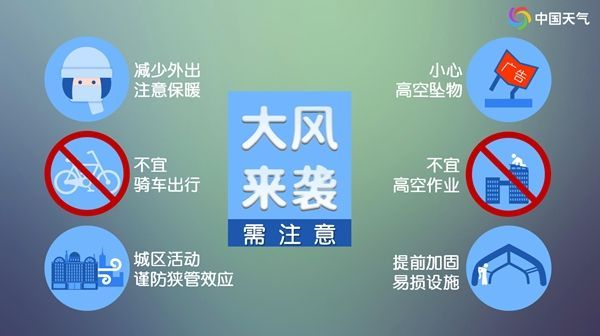 受较强冷空气影响,今起三天4月11日至13日),我国中东部气候非常复杂,强降温、强雨雪、强对流、劲风、沙尘纷繁上台。需求留意的是,西北区域东部、华北、黄淮东部等地局地或许呈现12至13级阵风,东北等地
...[详细]
受较强冷空气影响,今起三天4月11日至13日),我国中东部气候非常复杂,强降温、强雨雪、强对流、劲风、沙尘纷繁上台。需求留意的是,西北区域东部、华北、黄淮东部等地局地或许呈现12至13级阵风,东北等地
...[详细]
-
 谢星呈。结业班级:13级。中餐专业作业单位:上海馨忆坊大酒店。职位:冷菜主管。月薪:1W+。从河南到安徽合肥,跨过省份的间隔,来到安徽新东方,只为学习到更正宗的烹饪技能。“要学习,就要到专
...[详细]
谢星呈。结业班级:13级。中餐专业作业单位:上海馨忆坊大酒店。职位:冷菜主管。月薪:1W+。从河南到安徽合肥,跨过省份的间隔,来到安徽新东方,只为学习到更正宗的烹饪技能。“要学习,就要到专
...[详细]

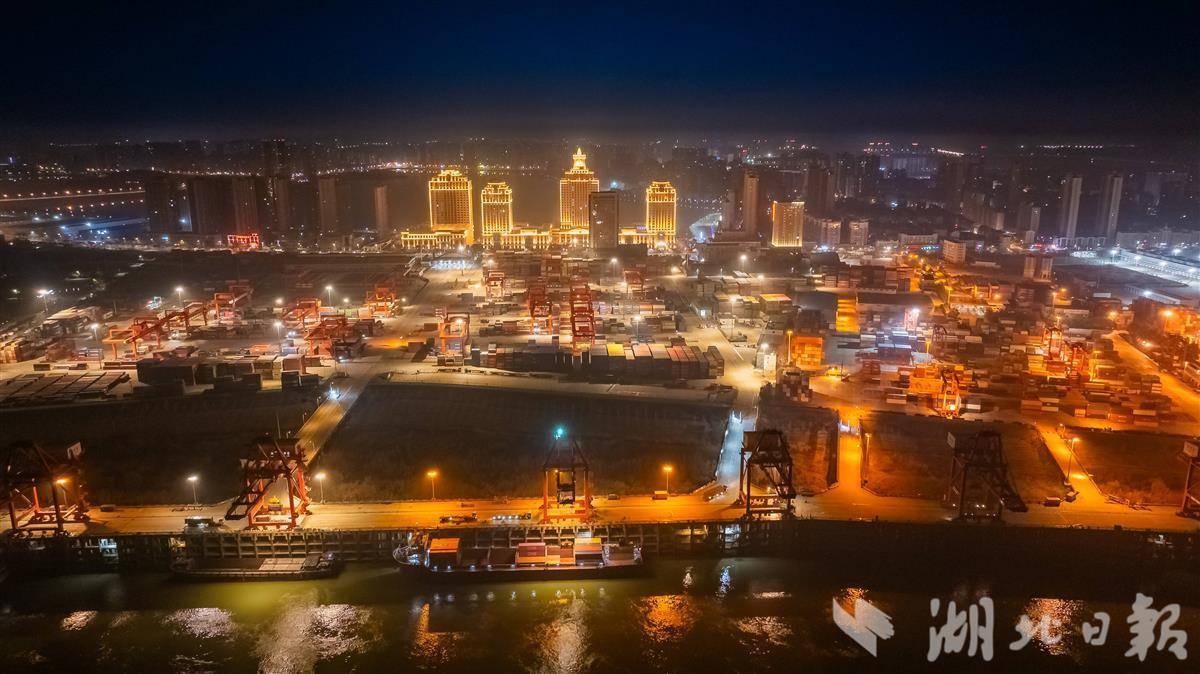 湖北支撑交通物流降本提质增效 多式联运检验企业奖补2000万元
湖北支撑交通物流降本提质增效 多式联运检验企业奖补2000万元 合肥高新区枫林社区举行全员核酸检测应急演练工作部署会议
合肥高新区枫林社区举行全员核酸检测应急演练工作部署会议 援沪日记:在科室群里第一个报了名
援沪日记:在科室群里第一个报了名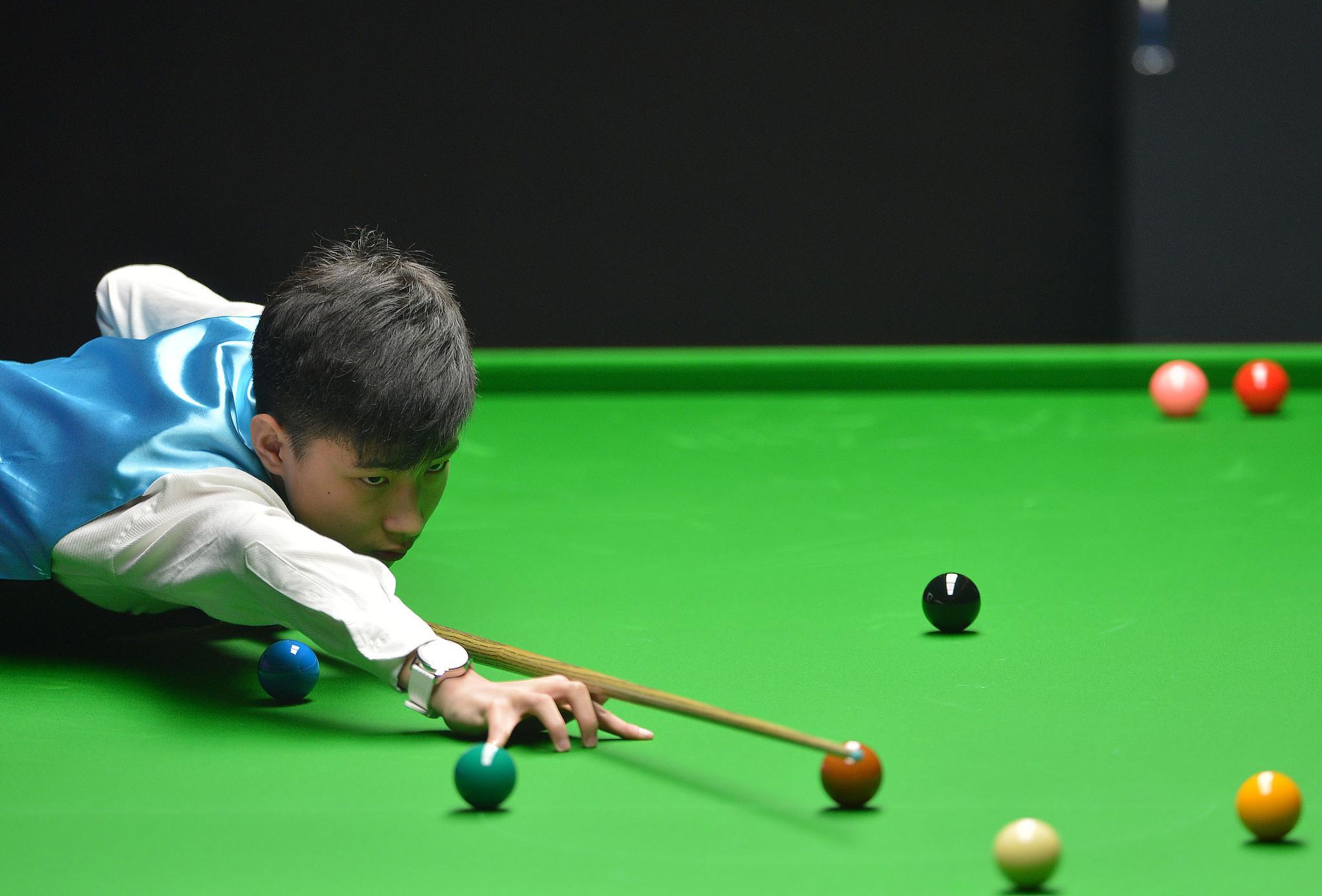 逐梦二十载终成斯诺克王者 克鲁斯堡“童”话成真
逐梦二十载终成斯诺克王者 克鲁斯堡“童”话成真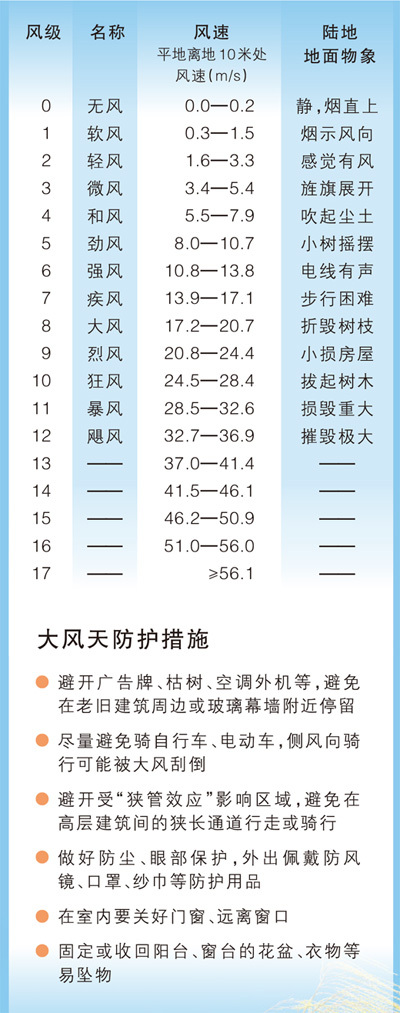 中央气象台估计,华北将刮稀有劲风,局地阵风可达十二至十三级 这场风为何那么大?
中央气象台估计,华北将刮稀有劲风,局地阵风可达十二至十三级 这场风为何那么大?